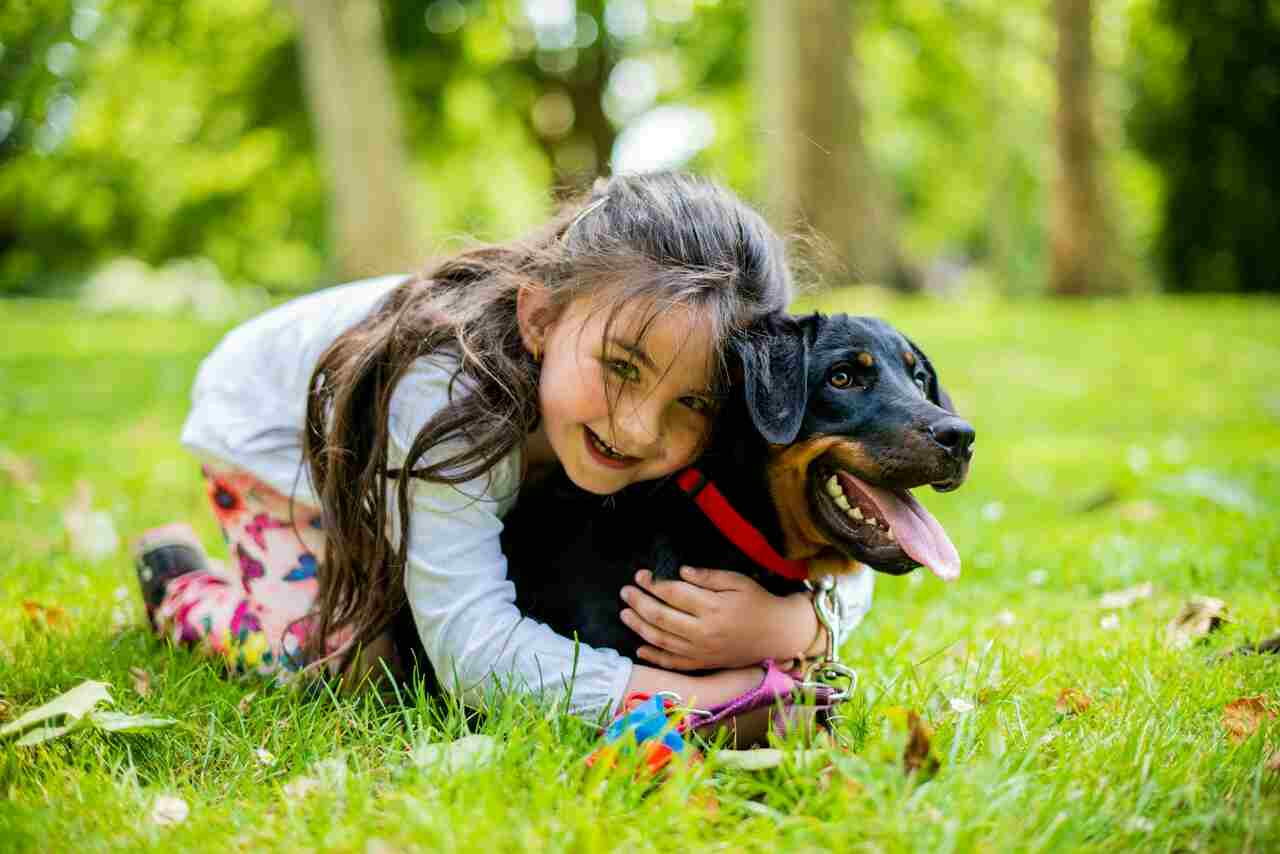
A new study has revealed that playing with dogs during childhood can bring many benefits for children’s mental and emotional health.
+ Hilarious Video Compilation Features New Clips of Cats Sleeping in Bizarre Positions
The research, published in the scientific journal Psycho-neuroendocrinology, found that when a child plays with a dog, their brain releases a hormone called oxytocin, also known as the “love hormone.”
Produced in the hypothalamus of the brain and released into our bloodstream, oxytocin is a mood enhancer. It reduces stress, makes us feel more sociable, and helps us express our emotions in a healthy way.
Scientists led by Dr. Gitanjali E. Gnanadesikan, a postdoctoral researcher at the School of Anthropology at the University of Arizona, observed higher concentrations of oxytocin in children after interactions with dogs, compared to when the children played alone.
The study focused on 55 children aged 8 to 10 at the Arizona Canine Cognition Center. During a series of tests, the children played with their pet dogs, an unknown dog, and also had a play session alone. The research team measured oxytocin levels in both the children and the dogs during the encounters.
“As far as we know, this study provides the first evidence of an effect of affiliative social interactions with dogs on oxytocin concentrations in children,” said Dr. Gnanadesikan, who added that both family and non-family interactions with dogs led to increased oxytocin in children.
Surprisingly, researchers found that dogs also benefit from playing with familiar children. The pets also showed an increase in salivary oxytocin levels; however, this was not observed after play with unfamiliar dogs.
According to the researchers, this suggests the possibility that our canine friends may also reap emotional benefits from these interactions, as long as the child is a familiar companion.
This content was created with the help of AI

